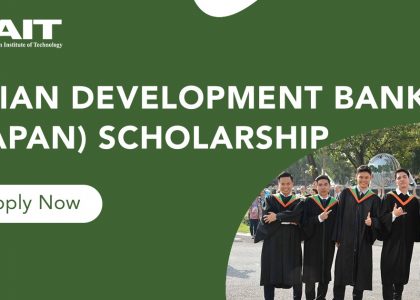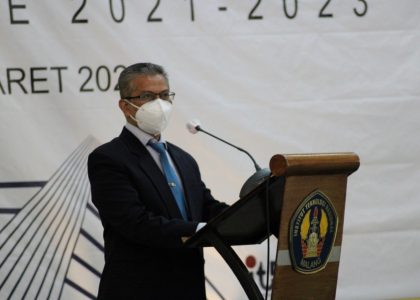Stakeholder Dissemination Workshop and Training on Promotion of Sustainable Use of Biomass Briquettes in Nepal
Nepal has an abundance of biomass residues that can be used for the commercial production of biomass briquettes that make them attractive in terms of higher density heating value and ease of transportation and storage. This opportunity needs to be harnessed by developing a sustainable business model and policy incentives for the stakeholders.
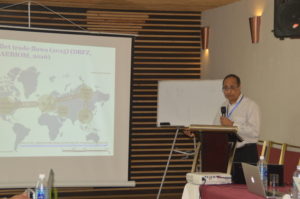
Asian Institute of Technology (AIT) and Alternative Energy Promotion Centre (AEPC) jointly organized a stakeholder dissemination workshop and training on 20- 21 June at The Dining Park Restaurant and Lounge and a High level Stakeholder Dissemination Workshop on 22nd June at the Ministry of Forest and Environment in Kathmandu. The workshop was funded by Climate Technology Centre and Network (CTCN) and supported by Ministry of Forest and Environment (MoFE) and Ministry of Energy, Water Resources and Irrigation (MoEWRI). The overall objective of the workshop cum training was to disseminate the key findings on business model and policy framework in bio briquette sector, and to train the stakeholders on how to address the key technological issues prevalent in the sector in Nepal.
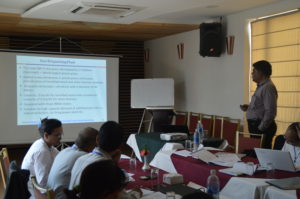
The first day of the workshop focused on business model and policy framework for briquette industries. The business model session focused on business models in the context of Nepal, including cash at gate policy, product diversification, 3rd party financing and build- operate- transfer models. Way forward session shed light on how the government could intervene in the business model and facilitate demand creation and supply security. The policy framework session focused on several policy recommendations that could be operationalized in Nepal including financing, tax exemptions, accelerated depreciation, prioritizing bio briquette sector, focusing on research and development, creating consumer awareness and setting national standards and certification schemes. The second day was a training on how to address technology issues faced in Nepal, including selection of raw materials, binder choice, use of technology, etc.
The third day agenda was high level stakeholder dissemination, where the business model and policy framework were disseminated to the high level stakeholders. Measures on how the government could facilitate the operationalization of business model were decided. This requires a holistic approach that encompasses the entire supply chain, from assessment of biomass potential raw material to demand creation. On the policy front, there was general agreement that bio briquette sector should be a national priority sector and receive its full benefits. Policies need to be revised to recognize ‘briquette’ and ‘pellets’ explicitly. It was also decided that accelerated depreciation and decreased electricity tariffs for bio briquettes would be immediately looked into.
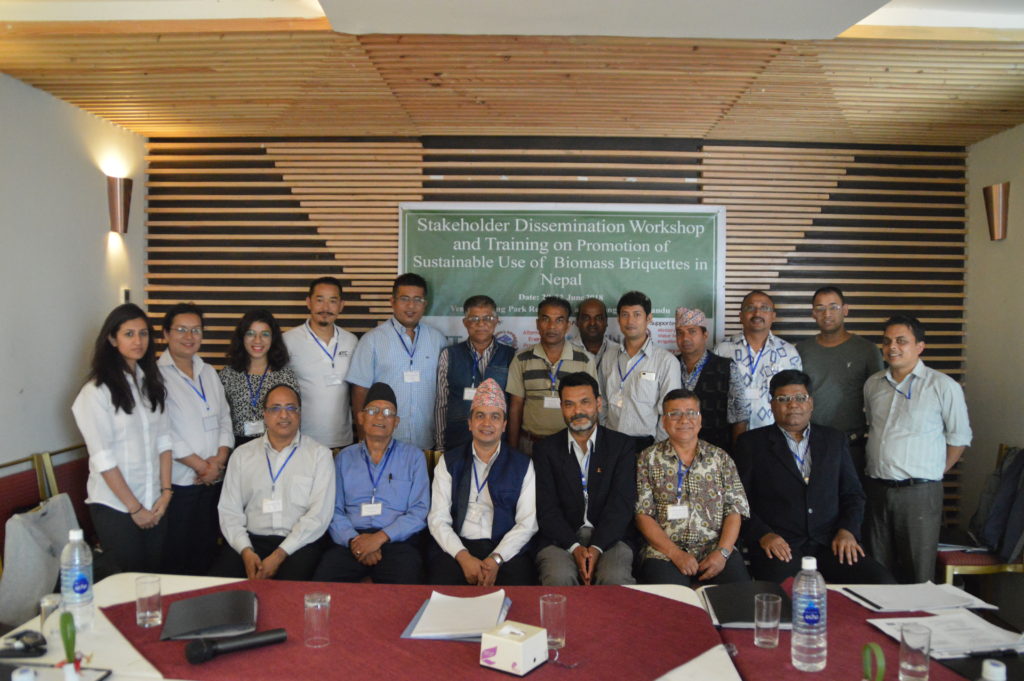
The stakeholder dissemination workshop and training gave way to important aspects to be included for the policy framework and constructed the way forward for the policy framework that would be presented to the MoEWRI for operationalization.

